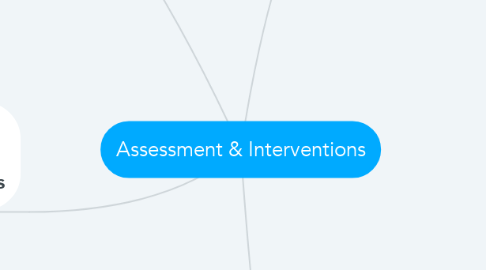
1. According to experts professional should show responsiveness and sensitivity to family's needs and wants and have the ability to distinguish between the two to be effective
2. Working with families to develop parent professional partnerships
2.1. Developing effective relationships
2.1.1. Parent professional partnerships have been seen as a dominant power structure
2.1.2. Logical communication with parents and extended family members in early childhood intervention programs are essential
2.1.3. These relationships are to be guided by families priorities and supported by the practitioners specialized knowledge
2.2. Influences
2.2.1. It is recognize that tertiary education, ongoing professional development and mentorship play a critical role in shaping the relationship between parents and professionals
2.3. Qualifying set of skills
2.3.1. Professionals can also acknowledge parents control over family choices and recognize that effective intervention strategies help with the development of the child
2.3.2. In order to enhance the relationship between parents and professionals there are a set of skills that must be considered
2.3.3. Some of the skills include: managing emotions and stress, responsiveness, open communication, managing communication breakdown, and attunement and engagement
2.4. Challenges
2.4.1. Professionals may find it difficult to work affectively with families
2.4.2. Professionals receive little to no professional preparation on how to engage in family centred practises
2.4.3. Professional development courses in early intervention programs are rare and mentorship opportunities are very limited
2.5. Role of an early childhood educator
2.5.1. The role of the early childhood intervention professionals should be to promote acceptance of children with developmental delays
2.5.2. The role of the early childhood intervention professional should incorporate developing a shared knowledge in universal programs
2.5.3. The early childhood intervention professional should demonstrate interpersonal warmth and welcomed for all families and children
3. Working with families as part of early childhood intervention
4. Development of community based services for children with disabilities and their families
4.1. Impacts of funding
4.1.1. The national insurance disability scheme service plan informs how individual funding package is developed to enable each participant to purchase the services outlined in their plan
4.1.2. For individual funding to be effective for families who have a young child with a disability a number of factors should be considered:
4.1.2.1. Flexibility in the model at a systemic level
4.1.2.2. Parents capacity for decision making
4.1.2.3. Parents access to information and forms which are meaningful to them
4.1.2.4. The capacity building of professionals
